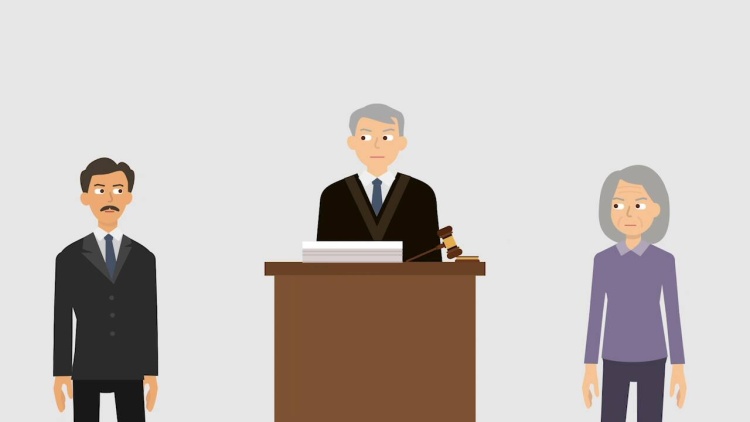Academy Chicago Publishers v. Cheever
Supreme Court of Illinois
578 N.E.2d 981 (1991)
- Written by Megan Petersen, JD
Facts
In 1987, Academy Chicago Publishers (Academy) (plaintiff) entered into an agreement with Mary Cheever (defendant), the widow of author John Cheever, to publish an anthology of John Cheever’s short stories. The agreement provided no specific requirements for delivery dates or numbers of stories or pages to be included in the anthology. Academy collected and delivered approximately 60 short stories to Cheever and provided her with an advance to review the stories for inclusion in the anthology. Cheever then informed Academy that she objected to publication of the book and attempted to return the advance. Academy filed suit in circuit court seeking a declaratory judgment. The trial court held that the agreement between Academy and Cheever was a valid and enforceable contract, that Cheever could select the short stories, that Cheever could discharge her contractual obligations by selecting 10 to 15 short stories totaling at least 140 pages, and that Academy could publish the book in cooperation with Cheever. The appellate court reversed in part regarding control of the publication, but affirmed the trial court’s ruling that the agreement was valid and enforceable. The parties appealed to the Supreme Court of Illinois.
Rule of Law
Issue
Holding and Reasoning (Heiple, J.)
What to do next…
Here's why 907,000 law students have relied on our case briefs:
- Written by law professors and practitioners, not other law students. 47,100 briefs, keyed to 996 casebooks. Top-notch customer support.
- The right amount of information, includes the facts, issues, rule of law, holding and reasoning, and any concurrences and dissents.
- Access in your classes, works on your mobile and tablet. Massive library of related video lessons and high quality multiple-choice questions.
- Easy to use, uniform format for every case brief. Written in plain English, not in legalese. Our briefs summarize and simplify; they don’t just repeat the court’s language.





